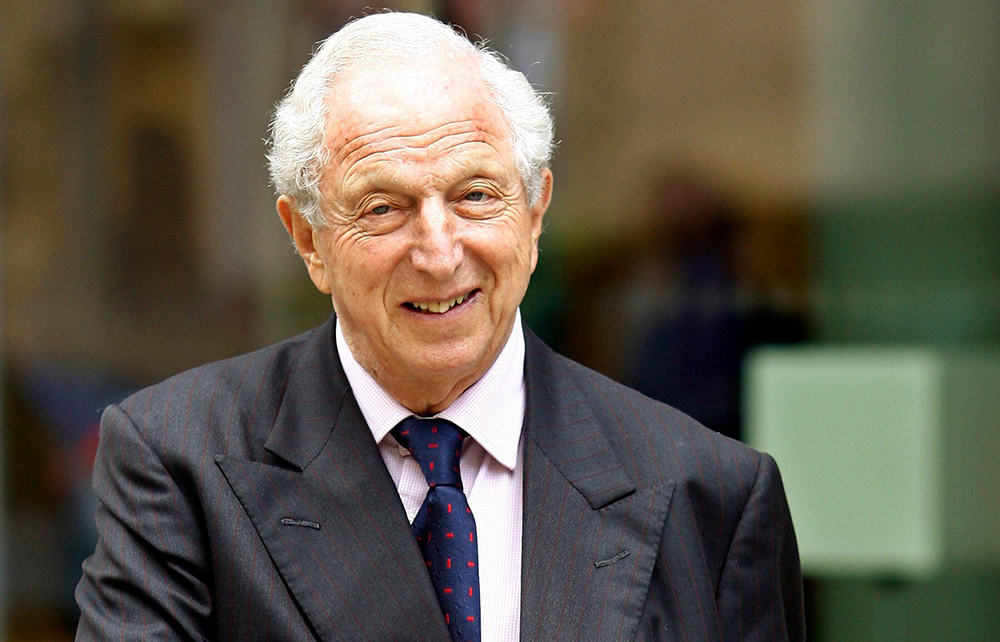Senior judges are often seen as being cloistered and aloof, carrying the heavy responsibility of incarcerating hundreds of people every year without having heard the clang of prison doors themselves. Lord Woolf is an exception. The former Lord Chief Justice (2000-5) was not only banged up as a student – after protesting over the banning of rag day – but volunteered as a senior judge to spend a night in jail. He and his wife surrendered their personal belongings and were shown into a cell in Brixton prison: ‘We then had the difficult decision to make as to who would occupy the top bunk and who the lower.’ It was, he recalls, ‘a memorable experience’, adding: ‘When the door closes behind you, you obtain a real sense of what imprisonment means. You do learn a lesson.’
Woolf recounts this episode in An Uncommon Lawyer. At the time he was Master of the Rolls, before moving to the top job of Chief Justice. In that post, by his admission, the tabloids saw him as not just wet but ‘dripping wet’. One newspaper even called for his removal and sent a van to the High Court to remove his effects after he’d opposed tougher jail sentences. But such tactics, he says, did not divert him from doing what he believed to be right.
As Chief Justice, Lord Woolf was seen by the tabloids as not just wet but ‘dripping wet’
His liberal views put him out of sync with the public mood at the time. But his legacy is plainly far more than being a figure of derision in the popular press. He delivered a landmark report on prison overcrowding after the riots at Strangeways in 1990, and advocated a revolutionary change in how civil court battles are fought in an effort to cut their prohibitive costs.







Comments
Join the debate for just £1 a month
Be part of the conversation with other Spectator readers by getting your first three months for £3.
UNLOCK ACCESS Just £1 a monthAlready a subscriber? Log in